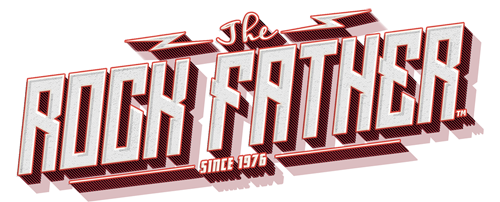The world’s largest supplier of auto-parts is teaming up with a leading fuel-cell stack maker to create the technology that will be key to the automotive industry’s greener future. Last month, German supplier Bosch announced that it will co-develop polymer-electrolyte membrane fuel cells with Swedish manufacturer Powercell.
Once the two companies create this sustainable technology, Bosch will manufacture the fuel cells under a global license. According to a statement emailed to Bloomberg, the stack will become a part of Bosch’s lineup of fuel-cell products and is expected to be launched by 2022 at the latest.
The basic premise of fuel-cell technology is that they turn hydrogen into electricity. For years, hydrogen fuel cells have been celebrated as a potential replacement for less sustainable energy cultivation methods, including the 2.5 million miles of pipeline that transfer fuel products from source to market in the United States. Although the technology promises minimal environmental impact from its simple emittance of water vapor, high costs and a lack of infrastructure have made it difficult for the cells to gain major traction.
Before Bosch’s recent announcement, Toyota Motor Corp. and Hyundai Motor Co. were the biggest fuel-cell backers in the industry. Toyota alone is projected to produce about 11 million vehicles in 2023 and has already started incorporating fuel cell technology into its large trucks. Now that Bosch is in the game, the future of hydrogen fuel cells is looking a bit different.
Bosch predicts that as much as 20% of global electric vehicles will use hydrogen fuel cells by 2030. Bosch needs to reduce the costs of fuel cell systems and, in particular, the pricey stacks to make this growth possible.
According to Dr. Stefan Hartung, Bosch associate director and chairman of the Mobility Solutions division, commercializing the technology will be a driving force in decreasing the costs for hydrogen fuel. Commercializing the technology for passenger cars and trucks will certainly be an essential step in the United States, as there is a shortage of hydrogen filling infrastructure in the country.
Efforts from U.S. lawmakers are also aimed at making sustainable cars a more viable option for production and purchase. In early April, a bipartisan coalition introduced the Driving America Forward Act in Congress with the support of at least 60 organizations that included automakers, electric vehicle suppliers, and environmental organizations. If enacted, the legislation will extend the one-time federal tax credit for buyers of electric, plug-in hybrid, and hydrogen-powered vehicles.
Currently, the credits an automaker receives begin to phase out during the calendar year after it sells 200,000 electric cars and/or plug-in hybrids. Tesla hit that mark last year, causing its federal tax break to drop on July 1 and expire completely at the end of 2019. General Motors, an industry powerhouse headed by a female CEO who is among the 27 women leading Fortune 500 companies, also reached 200,0000 electric vehicle sales last year and will soon face a similar loss in tax breaks.
The Act would allow purchasers of an additional 400,000 vehicles per manufacturer to be eligible for a slightly smaller one-time tax credit. Once it reaches 600,000 qualifying vehicle sales, the credit would drop more and phase out after six months. The bill would also extend the hydrogen fuel cell credit through 2028, providing manufacturers and buyers with even more incentive for eco-friendly cars.
According to industry sources, losing the tax credits would stifle developments in the electric vehicle market. With initiatives such as Bosch’s recent fuel-cell partnership with Powercell, the market can’t afford interference with potential advancements.
Not only can Bosch’s fuel-cell technology help the environment, but its existing portfolio can help make the roads safer. Bosch already has fuel cell components that include control units with sensors, a safety-focused tool that could reduce the 40,100 people who were killed in car accidents in 2017.



